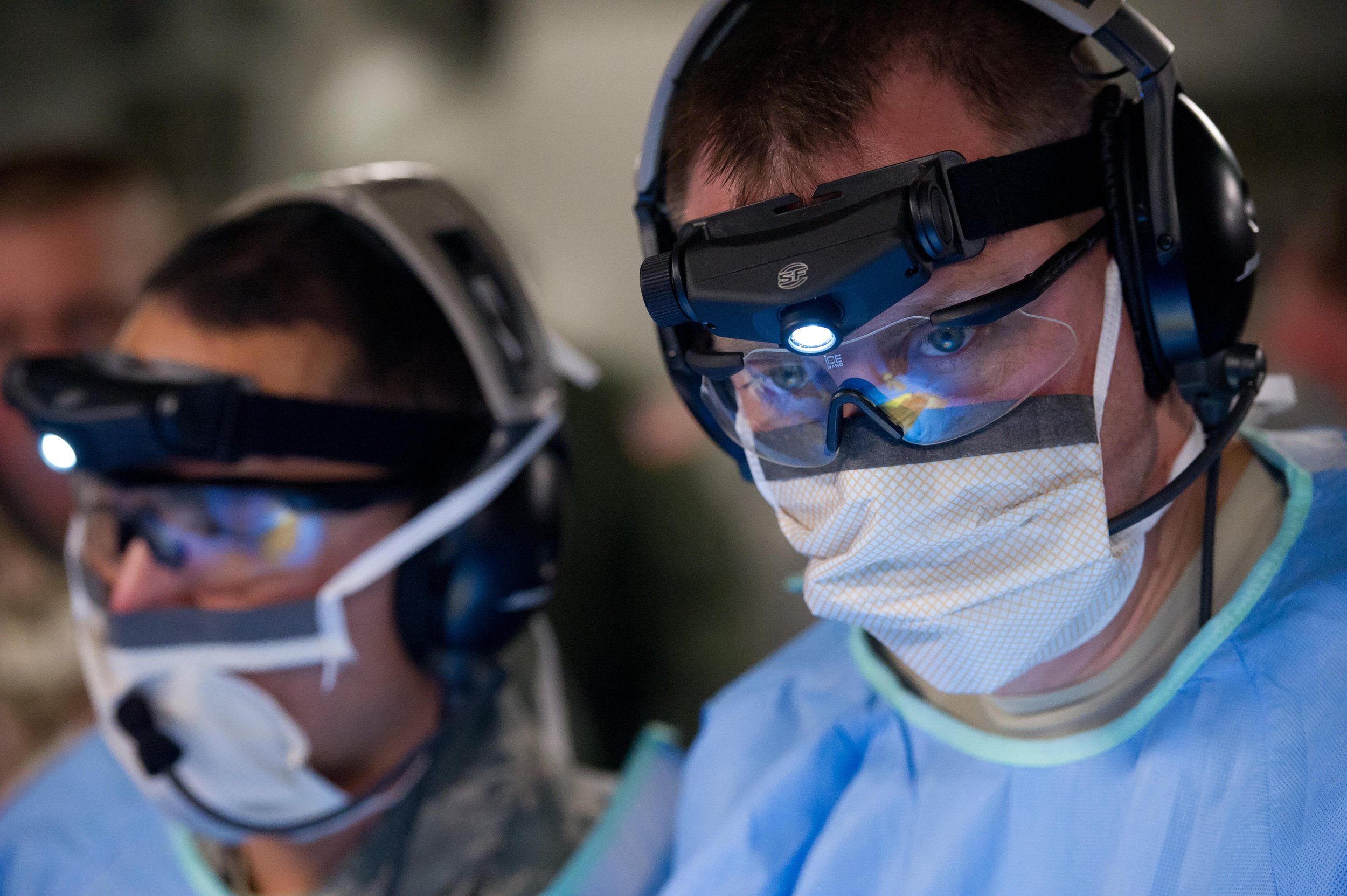
Storyboard
A growing network of academic research leaders, early adopters, and savvy clinicians.
Okay. Okay. There might be a couple of technology geeks thrown in there, too.
How Precision Behavioral A.I. Will Save Psychedelic Clinical Trials: Lessons from the FDA's Rejection of MDMA Therapy for PTSD
In June 2024, the U.S. Food and Drug Administration (FDA) panel made a surprising decision to reject MDMA therapy for post-traumatic stress disorder (PTSD). This is only the first. As the psychedelic drug market expands, many other companies are likely to face similar obstacles.
Genomics is Dying.
For the past several decades, we have put DNA at the center of the biomedical universe. Huge efforts to sequence human genomes and define impactful variants have been at the core of medical research and a primary focus for the NIH. There will always be more intriguing details to uncover, but the major wave of the revolution is over
Cancer Cachexia needs it’s own solutions.
Cancer cachexia is sometimes referred to as the "last disease" because it often becomes apparent in the later stages of cancer. However, a new picture is emerging whereby many patients are already affected by cachexia when they first appear in the clinic. This has major implications for treatment.
Precision Medicine Needs More Than Forms
All medical decisions start by understanding the patient, their behavior, history, personality and needs, and of course, their symptoms. But compared to the hard science imaging and molecular tests we have. The tools we use for understanding patients are so crude and subjective for our modern data age that they are frankly…a joke.
The Solution to Cancer; Algorithms as Drugs
“Algorithms as drugs” is the future of pharma and healthcare. I envision a shift in which the intellectual property strategy from the software tech industry is lifted into the pharma industry.
Our new clinical trial for metastatic cancer starting at Moffitt Cancer Center
We're building a groundbreaking treatment tool for metastatic cancer. Our first clinical trial will start at Moffitt Cancer Center in January. Here's an article from Huntsman Cancer Institute on it.
The Insider Guide: How to get an AI internship at Storyline - and why we might pass.
At Storyline, we’re not just building AI; we're shaping the future of behavioral insights across healthcare, law, criminal justice, and beyond. And yes, it's competitive—really competitive. Our internship program is no different. With an acceptance rate of less than 0.3%, getting in here is like getting a golden ticket to Willy Wonka's chocolate factory – rare, elusive, and oh-so-sweet.
Why Adapting to A.I. is a Must for Every Clinic.
AI is changing healthcare. Clinics must adapt or become irrelevant. New AI tools are creating winners and losers.
How to Build Precision Medicine Solutions that Scale
Storyline CTO and co-founder Chris Gregg PhD speaking at the University of Calgary to clinicians and others about precision medicine and how new technologies and A.I. will allow for low-cost precision care at massive scale.
The only path to scalable precision medicine: Behavior.
Storyline provides a way for you benefit from something valuable you’ve created. It could be a precision care pathway for diabetes, a new patient marketing campaign, or a behavioral biomarker for a drug response.
Questionnaires & surveys for research are dead.
Today, I'm gonna make a prediction, and that prediction is that within five years, you won't be able to publish clinical research in leading journals if it uses questionnaires or subjective patient reported outcomes.
Why Behavior is better healthcare data than Genomics.
Chris Gregg PhD, Storyline’s CTO discussing why behavioral data is the richest, most predictive data there is, and why it's better than current tools like genome, epigenome, omics, and lab tests.
Storyline for startups
Storyline opens all of these areas for anyone with a great idea and the will to make it happen, from building and monetizing even a single care pathway or educational program, to building an entirely new company in a new market.
Healthcare innovation for academic researchers
In the current ecosystem it means writing a grant, getting some funding, running a clinical trial, writing a paper, submitting that paper to journals and finally publishing a paper - one of 2.5 million every year.
Most doctors don’t really have much time for patients.
67% of the average physician’s time is spent NOT providing care - they’re stuck doing low-level, manual, and repetitive tasks because current tools don’t help them care for patients in the ways they need. To manage, most physicians (57%) grind out more than 70 hours a week.
The 3 things that patients value most from any provider.
“The most striking finding of our study of what people want from their health care is that every participant answered this question as to what they wanted from the doctor. ”
Computational Psychiatry: How will researchers adapt to the A.I. revolution?
In the growing A.I. and big data revolution, how are foundational R01 researchers going to compete, discover and lead in a climate where the biggest companies in the world are doing more than just generating products – they are doing research?!
Uncharted - our attempt to change the future of cancer for patients.
Cancer patients are overwhelmed, suffering needlessly, and dying sooner because they’re powerless to engage in their own care in ways that will improve their outcomes. What matters? What doesn’t? What information can I trust? How do I decide?
Storyline Innovator Grants - from $5k to $3M
Storyline offers grants to eligible researchers and institutions anywhere in the World to provide unlimited free use of Storyline data collection and interaction platform, bioinformatics, and advanced data science analyses (machine learning).






